
OPINIONS
07-04-2022 by Freddie del Curatolo
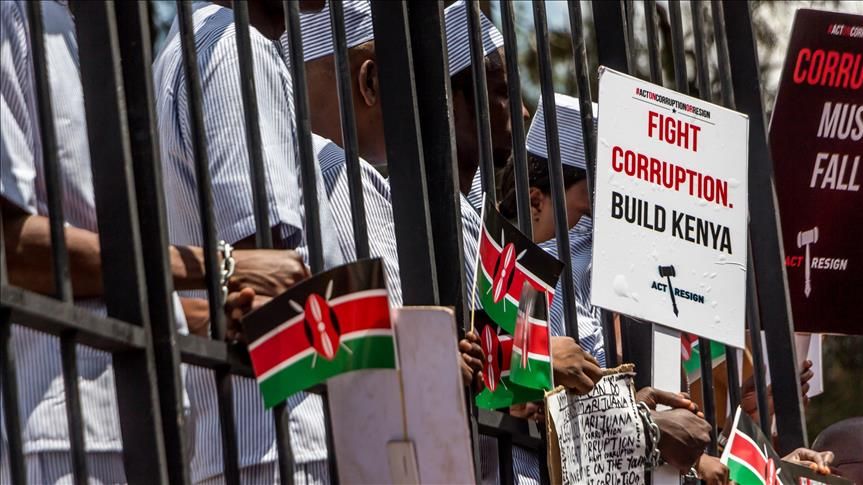
"Kenya only ideally is a united nation. There is nothing strange about that, because few nations in the world can claim to be so. However, there is one thing that unites Kenyans who are always at war over things that are often unimportant and especially politics: corruption."
To write this is a Kenyan, Clay Muganda, one of the most important columnists of the Daily Nation newspaper. In the days in which the government is overwhelmed by the fuel crisis, daughter of debts accumulated with the suspicion that the ongoing election campaign plays a key role in choices that penalize citizens and the entire productive system of the country, the journalist launches a heavy "j'accuse" that concerns not only the strong powers, but the majority of citizens.
"Kenyans hate corruption because it denies them opportunities, kills their dreams, disempowers them, impoverishes them and leaves them without basic services," Muganda writes in an article titled "Corruption Kills, but Kenyans Love It Because It Unites Them" - Ironically, they still revere it. They love it because it is the engine that drives their businesses. They prosper because of it, and when they fall, they blame it again."
According to Muganda, his countrymen are always ready to make under-the-table deals; when they see an obstacle in their way, they first look for devious methods to get around it or someone to bribe to overcome it.
"Corruption for Kenyans starts at the lowest level," insists the columnist, "with the intention of accessing a higher one, where they will pay a bribe again. From the smallest greengrocer to the richest businessman, all Kenyans play a role in the country's corruption industry, which is why ending it will be a daunting task. Kenyans can yell at politicians for being corrupt, but they will never change because they know that the people have embraced their evil ways and eventually worship those of them who are said to be the most corrupt."
Muganda cites the electoral campaign as the high point of thievery and malfeasance in the African country, but also explains that everything starts much earlier, when politicians administer public affairs and take office in the various institutional settings.
"Every time a report is published on the corruption index, and government agencies are listed as the most corrupt, Kenyans join in the condemnation, but forget that the people who work in these agencies are corrupted by the citizens themselves, i.e. the taxpayers, the so-called ordinary Kenyans - admits the journalist - How can Kenyan drivers complain about corrupt traffic police officers, when they themselves prefer to pay in order not to go to court and have to waste time? Paying bribes is the norm and everything to the contrary is frowned upon, we can talk about it forever, but the system has been designed in this way and would not work on its own, if it were not fed by Kenyans who would have the power to destroy it but do not do so because in the end it is more convenient that way".
For Muganda, corruption is now rampant everywhere and it is the cause of many road accidents ("When road accidents occur, we blame the police officers, but the owners or drivers know very well that when they have defective vehicles they can let them drive safely, ready at the limit to pay bribes") and also of the collapse of buildings, as happened recently ("When buildings collapse causing victims, there is a chorus of condemnation that the owners of the houses have used substandard construction materials, but have bribed the respective authorities to look the other way. But these homeowners are not foreigners. They are Kenyans, born and raised, they are our siblings, parents, uncles, aunts, grandparents or even spouses. And the idea of using substandard material came from them.").
In this case, it seems to read something similar to the Italian past, stories of building abuses, rigged contracts, earthquakes and reconstructions and mafia within the institutions.
The Nation's columnist closes by talking about one of the latest events involving President Kenyatta's attempt to put an end to the scrap metal trade, which fuels theft at every facility, as in the case of the collapsed electricity pylons in Nairobi that caused a national blackout.
"Corruption is not a single event committed by an individual in isolation. It is like a virus, an infection that needs a chain of people to thrive, survive and continue its path of destruction - is Muganda's thought - when the trade in scrap metal was banned in mid-January, traders dealing in steel bars raised prices within 24 hours on goods they already had in stock. They cited the ban as the reason for the price increase, as if scrap metal was being delivered to their stores and turned into rebar on the spot. Are they so different from the politicians who steal from the public coffers? Can they be a part of the fight against corruption? This kind of behavior exists in all businesses in Kenya. Everyone wants to steal from the buyers. These traders are not foreigners. Their families learn, literally, the secrets of the trade from them, and they will continue with that culture of stealing, or corruption, in any sector, including politics. We Kenyans have never internalized the fact that we are inherently corrupt and that we are the only ones who can stop it, but we are not ready. So we will continue to suffer and complain."
This is the source and full text of Muganda's editorial.
https://www.standardmedia.co.ke/clay-muganda/article/2001442136/corruption-kills-but-kenyans-love-it-because-it-brings-them-together

The Commission office Ethics and Anti-Corruption (EACC) for the North Coast of Kenya inaugurate the office in Malindi.
It was the Deputy Director General of the Commission, Michael Mubea, to formally open the seat, after a week of awareness in...
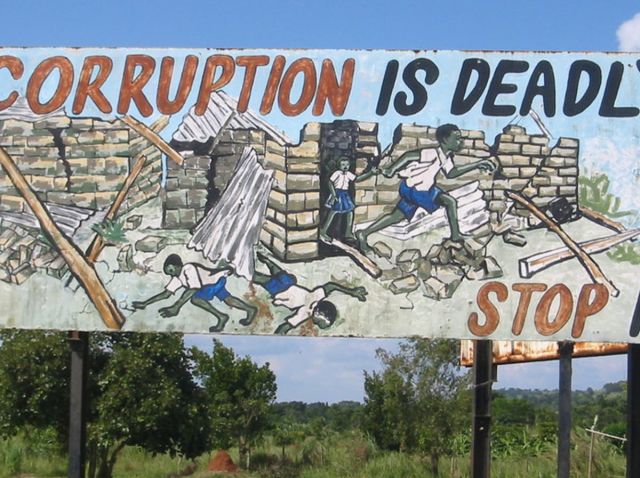
Kenya is trying again to fight corruption by fielding the president's men who have shown seriousness an...
ANTICORRUPTION
by redazione

Kenya's Supreme Court has given the order to speed up paperwork for the introduction of...
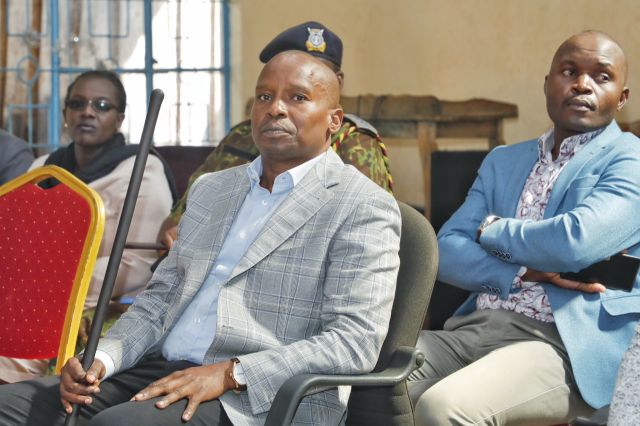
"Police officers who demand bribes may be fired."
Restrictive...
LATEST NEWS
by redazione
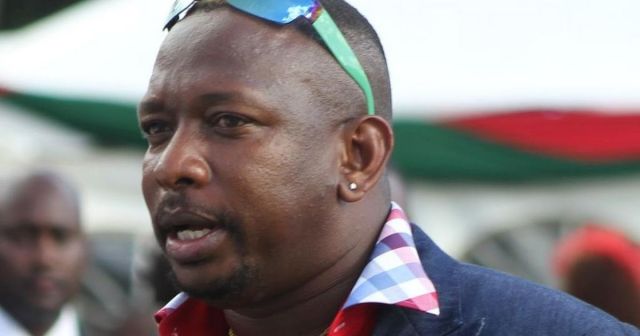
He was arrested this morning, a few hours after the Attorney General Noordin Haji had issued ...
NEWS
by redazione

The British High Commissioner for Kenya, Nic Hailey, welcomed the announcement by Kenyan Central Bank Governor Patrick ...
EVENTI
by redazione
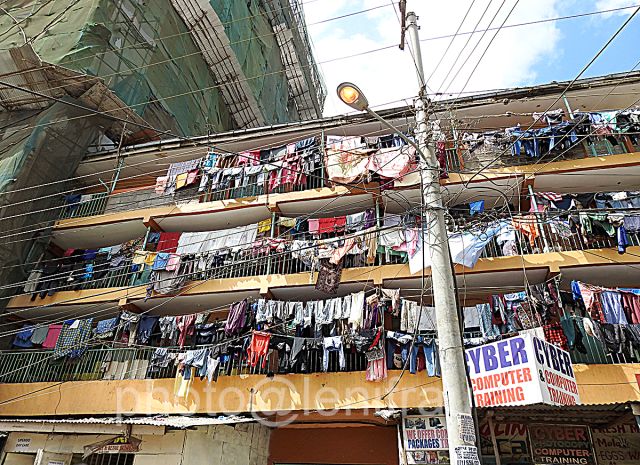
After the success in terms of attendance (and with great joy also in terms of book sales...) of the...
NEWS
by Freddie del Curatolo

Italians in Africa have already had the opportunity to appreciate her in recent years on...